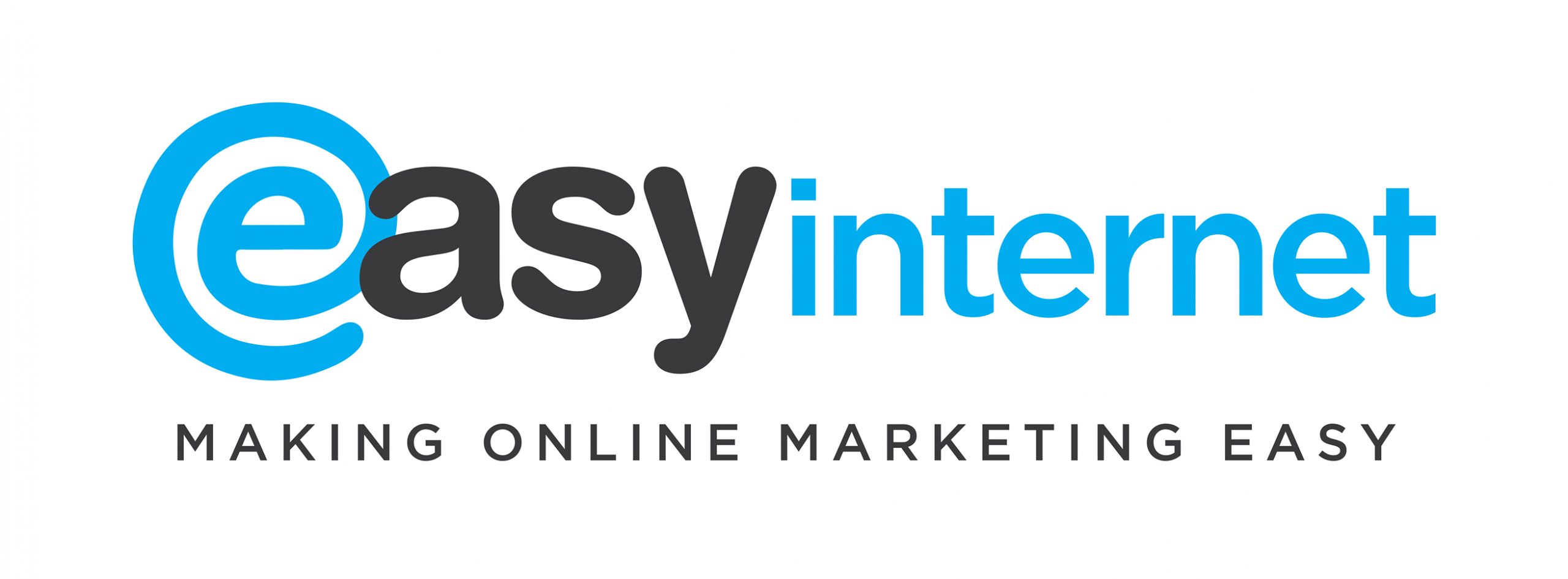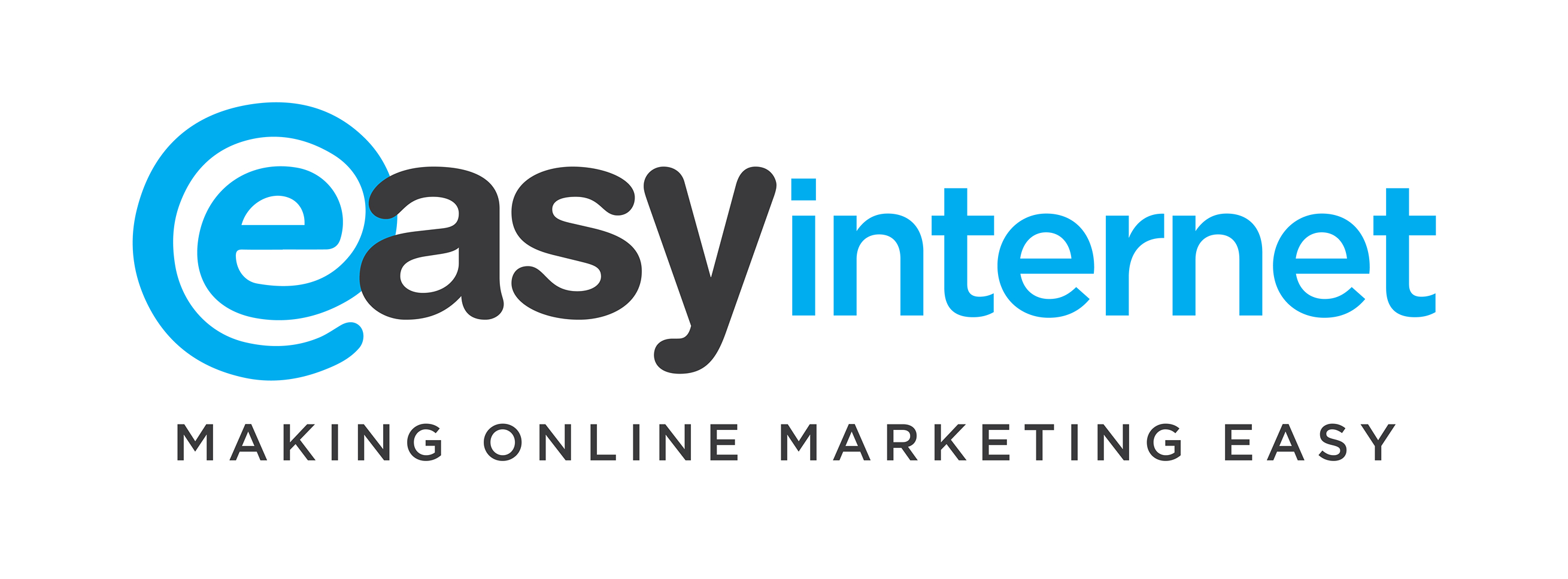Nonprofits and Charities are the online arena beckons.
Navigating the vast digital landscape, non-profits aren’t just seeking donations but a chance to be seen and heard. With the right SEO strategy, this visibility is within reach. Dive into this guide to discover best practices that amplify your message and drive organic traffic to your cause.
SEO Tools to Use
Navigating the intricate world of search engine optimisation (SEO) can be challenging. However, with the right tools, enhancing online visibility becomes a more straightforward endeavour.
Google Analytics
This tool is the pulse of your website. It provides insights into visitor demographics, behaviour, and preferences. For nonprofits and charities, understanding which campaigns or events resonate most can be invaluable for future planning.
Google Search Console
Consider this your website’s health check. It identifies technical issues that might affect your search rankings. For charities and nonprofits, ensuring that donation pages and campaign information are easily accessible is crucial.
For example, a charity focusing on education might find that their page on “Scholarship Programmes in UK” is generating significant interest. Such insights can shape future campaigns and outreach efforts.
Spot Immediate Opportunities
SEO is a marathon, not a sprint. However, there are short-term strategies that can provide immediate benefits. For nonprofits and charities, these quick wins can mean increased donations, volunteers, or awareness.
Take an article on “Helping Homeless” drives. If it’s not ranking well, consider these steps:
Content Update
Infuse the article with recent statistics, new conservation methods, or success stories. Search engines favour updated content.
Meta Description
This brief summary can entice readers. Ensure it’s engaging and incorporates key terms like “urban green space initiatives” or “promotion of sustainable practices in East Midlands.”
Internal Linking
Link this article to other related pieces on your site, creating a web of interconnected content.
Engage and Share
Charities and nonprofits thrive on community. Share the article across social platforms, in newsletters, and at events.
Master Keyword Research
To genuinely resonate with your audience, both non-profits and charities must delve deep into their language and search behaviour. Keyword research is the cornerstone of this endeavour. While digital tools like Answer the Public offer a broad overview, direct interactions, such as community surveys, feedback forms, or even attending community events, can provide a more nuanced understanding. For instance, a charity might discover that its audience is particularly interested in “sustainable community projects” rather than just “community projects.” By aligning content with these specific interests, non-profits, and charities can ensure they’re addressing the actual needs and curiosities of their audience.
Leverage Longtail SEO Keywords
The digital space is saturated with general terms like “Healthcare” or “Education.” For nonprofits and charities, the real magic lies in specificity. By focusing on long tail keywords, such as “Funding for child health” or “Promoting child education in Leicester,” organisations can tap into a more dedicated and engaged audience. These specific phrases might not have the massive search volume of their broader counterparts, but they often lead to more meaningful interactions, donations, and support.
Avoid Content Duplication
Consistency in messaging is crucial for nonprofits and charities. Duplicate content can confuse this narrative, leading to reduced online visibility and potential mistrust among supporters. Tools like Screaming Frog can be instrumental in identifying such overlaps. Once identified, organisations can merge similar content, redirect redundant pages, or distinctly tailor each piece to ensure a unified and clear online presence.
Prioritise User Experience
There’s a saying that first impressions matter. A slow-loading site or a confusing layout can deter potential supporters. Nonprofits and charities should prioritise a seamless user experience. This includes ensuring the website is mobile-responsive, minimising intrusive pop-ups, and having a clear, intuitive navigation structure. For instance, a donor interested in supporting educational initiatives should be able to find relevant information without unnecessary clicks or searches.
Diversify Your Content Portfolio
Content diversity is the key to engaging a broad audience. While evergreen content, such as the impact of clean water, remains relevant over time, timely pieces, like urgent relief efforts after a natural disaster, can draw immediate attention and support. By maintaining a balanced content portfolio, nonprofits and charities can ensure they cater to both long-term supporters and those driven by current events.
Integrate SEO Across Platforms
SEO isn’t an isolated strategy; it’s a piece of the larger digital puzzle. Nonprofits and charities should integrate their SEO efforts with other digital platforms, including social media, email campaigns, and even offline events. For instance, if a charity is hosting a fundraising event, the online event page should be optimised with relevant keywords, ensuring maximum visibility and attendance.
Local SEO: Connect with Your Community
Many nonprofits and charities have deep roots in their local communities. To strengthen these connections, organisations should focus on local SEO. This includes listing on local directories, gathering and responding to reviews, and optimising content for local search terms. By doing so, they ensure that they remain a prominent and trusted figure in their immediate community.
Cultivate Genuine Backlinks
In the world of SEO, backlinks act as endorsements. When reputable sites link back to a non-profit or charity, it boosts the organisation’s online credibility. To cultivate these valuable links, organisations can collaborate with local businesses, media outlets, influencers, or even other non-profits. Initiatives like guest posts, joint campaigns, or event partnerships can serve as avenues for these backlinks.
Incorporating these insights ensures that the content is not only valuable but also tailored to the specific needs and interests of nonprofits and charities. If you’re seeking guidance or have any queries, don’t hesitate to contact Easy Internet Services on
0333 320 8099. We’re here to assist you every step of the way.




